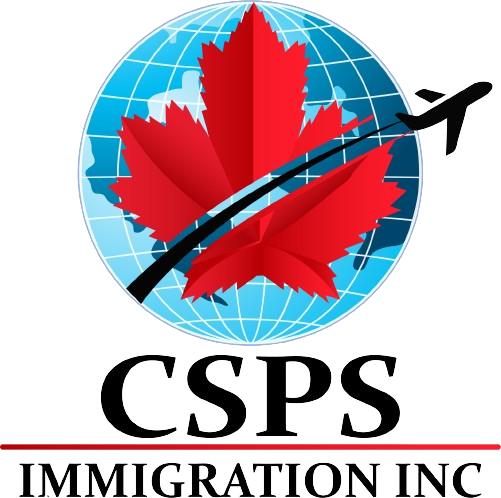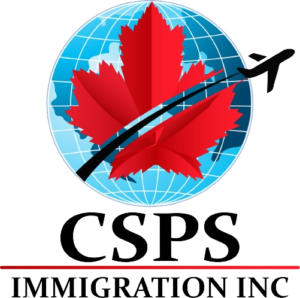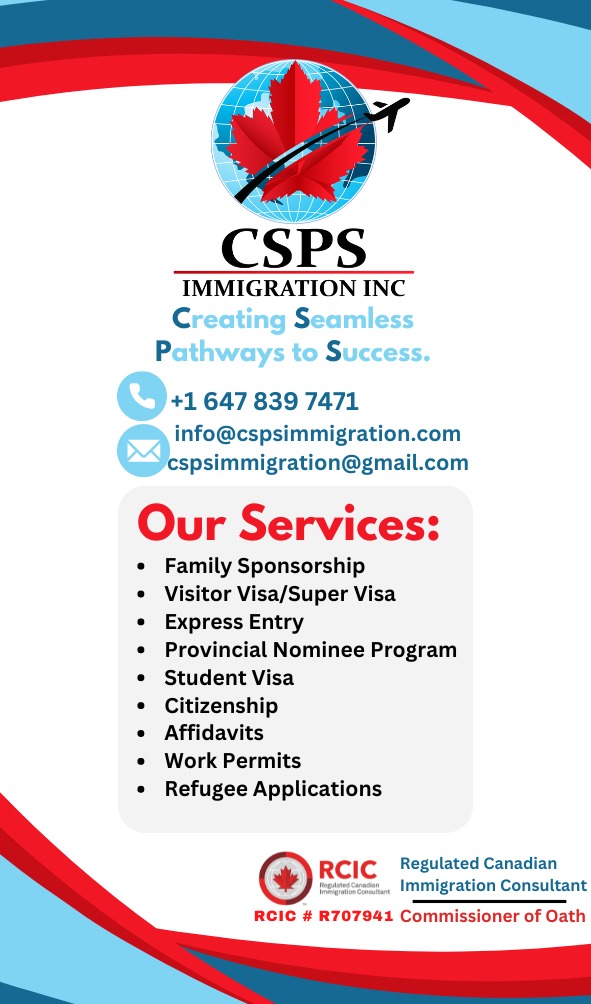Federal Skilled Trades Program
This program is intended for tradespeople who want to move to Canada, contribute to its economy, and work toward obtaining permanent residency. They must also have job titles and descriptions that fall under the federal skilled trades program NOC B category. The minimal language criteria for qualification, the necessary work experience, proof of funds, admissibility, education, adaptability, and assessment by the intended province of settlement must all be met to achieve this.

Language Requirements:
Results must be less than two years old as of the application deadline to be submitted. IELTS (International English Language Testing System), CELPIP (Canadian English Language Proficiency Index Program), TEF (Test d’évaluation de français), and TCF (Test de connaissance du français) are the four tests that can be successfully completed. The tests cover four language skills: speaking, reading, writing, and listening.
Language | Area | Minimum Level |
English | Speaking and listening | CLB 5 |
English | Reading and writing | CLB 4 |
French | Speaking and listening | NCLC 5 |
French | Reading and writing | NCLC 4 |
Education:
There is no minimum educational requirement for the Federal Skilled Trades Program, although applicants can earn bonus points if they have previously earned a bachelor’s or master’s degree, a certificate, a diploma, or a trades certification. Education can be gained in Canada or abroad, and in the latter case an ECA report will be necessary as documentation that the candidate’s credentials meet Canada’s educational standards.
Admissibility:
The applicant must meet a number of standards in order to be eligible for admission to Canada, including that they do not pose a security danger to Canada or have any criminal histories or incurable, life-threatening illnesses.
Work Experience:
The applicant must have at least 2 years of paid work experience in the most recent five years in a full-time position averaging at least 30 hours per week in the trades (NOC B category employment). The applicant must either have a legitimate job offer that guarantees full-time employment for at least a year or possess a trades certification from a Canadian federal agency.
Assessment by the province of choice:
Most likely, the host province will provide training/experience for a job or a trade certification assessment, and each province handles things a little bit differently. Therefore, it will be in the applicant’s best interest to choose the province where they want to live and to complete all other processing there.
Proof of Funds:
If the applicant does not already have a legitimate job offer or is legally employed in Canada, they must be able to demonstrate that they will have access to enough money to support themselves and their family members once they arrive in that country. They can do this by obtaining an official letter from their financial institution that is written on official letterhead.
CSPS Immigration Inc. can represent you in front of Citizenship and Immigration Canada for your Express entry application, providing you with a specific strategy to address your issues and achieve your goals.


